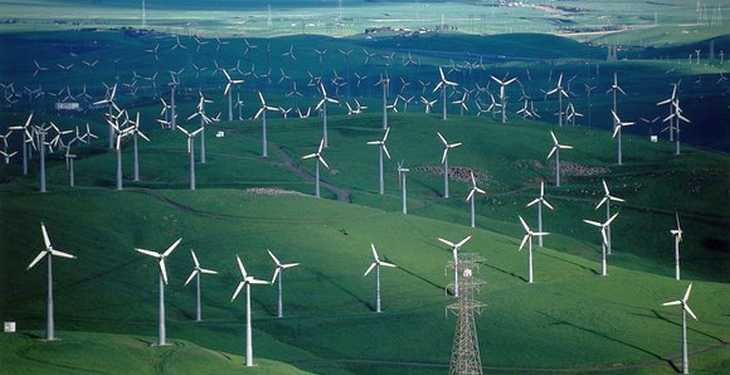Europe’s wind farms are too heavily concentrated in countries bordering the North Sea and need to be spread more evenly across other regions such as the Balkans, Greece, the Western Mediterranean and northern Scandinavia, according to an academic study. Energy and climate researchers from Imperial College in the UK and ETH Zurich in Switzerland point out that the expansion of renewables has been widely criticised for increasing weather-related fluctuations in European power generation.
However, the researchers claim that if European countries cooperated better over their wind resources instead of heavily relying on specific countries with more generous subsidies, then wind production across the continent would be more stable, according to rechargenews.com.
The study says the heavy concentration of wind farms in countries bordering the North Sea has resulted in uneven wind power generation, as most capacity is installed in neighbouring countries with similar weather conditions. A further concentration of capacity in the North Sea planned in the near future will exacerbate the problems for Europe’s power system, say the researchers.
The study says if European countries were to cooperate and set up future wind farms based on an understanding of the continent-scale weather regimes, then fluctuations in future wind energy could be reduced.
The researchers say it would be difficult to store electricity for several days to balance these multi-day fluctuations since the necessary amount of storage capacity will not be available in Europe for the foreseeable future.
Current storage technologies are more suited to compensating for shorter fluctuations of a few hours or days. A pan-European renewable energy system could still provide Switzerland with the opportunity to use its hydropower capacities more economically in order to compensate for short-term fluctuations.
Using solar energy to compensate for gaps over several days would only work on a regional level at best. The researchers say that in order to compensate for fluctuations across Europe, solar energy capacity would have to be increased tenfold.
